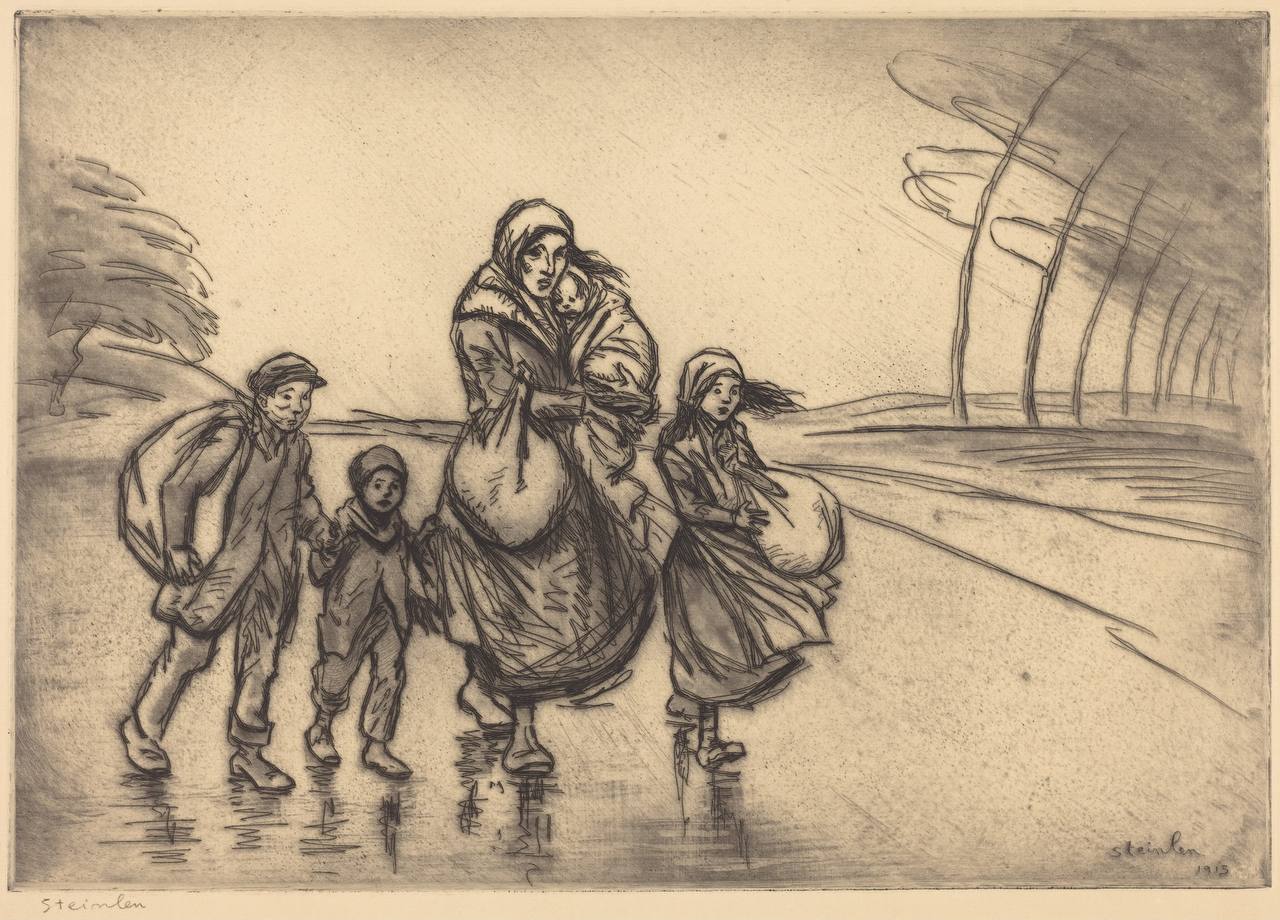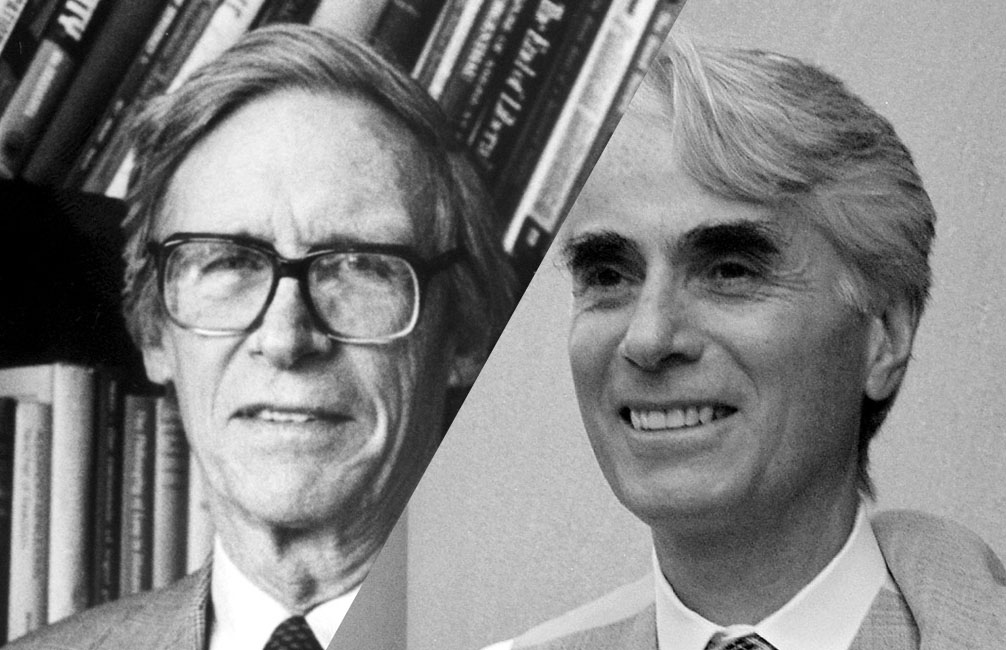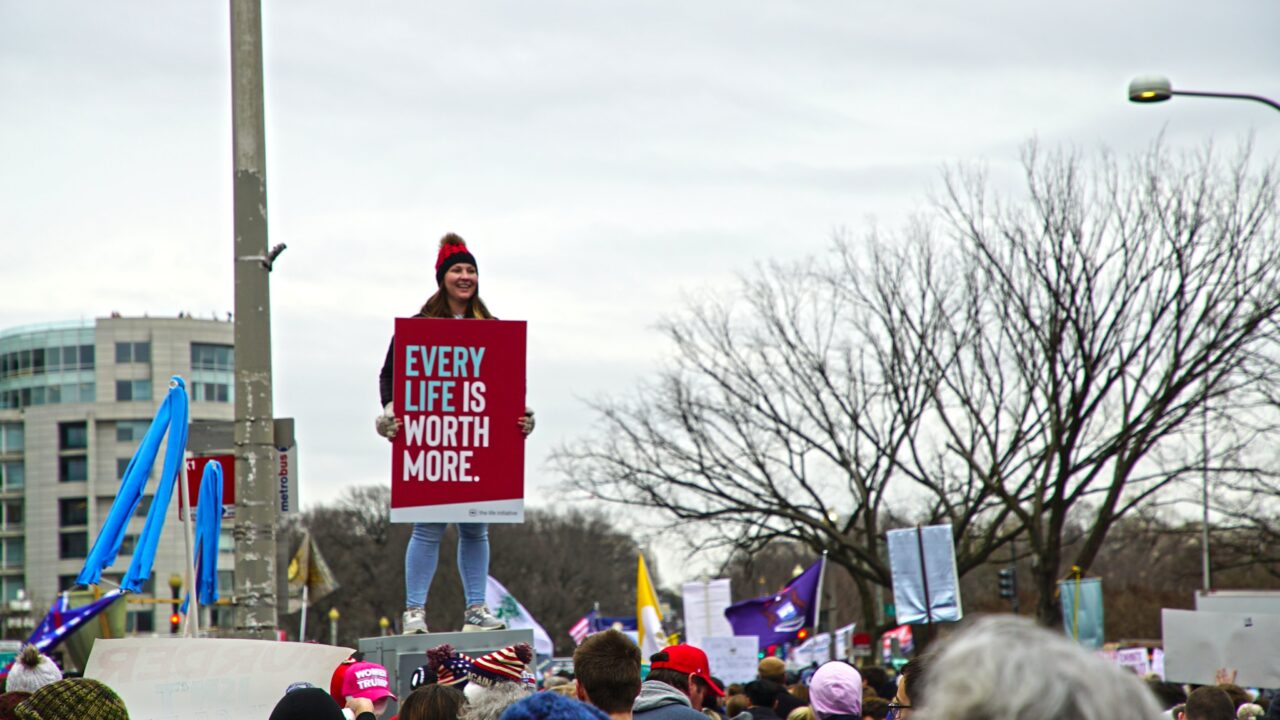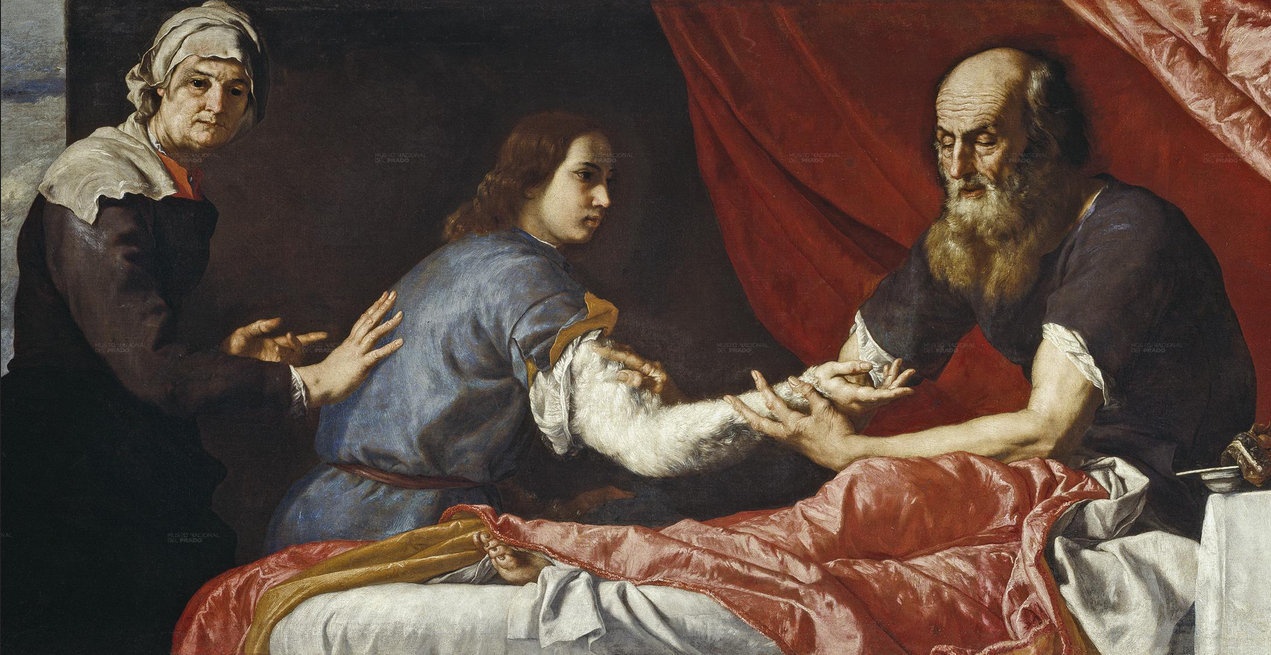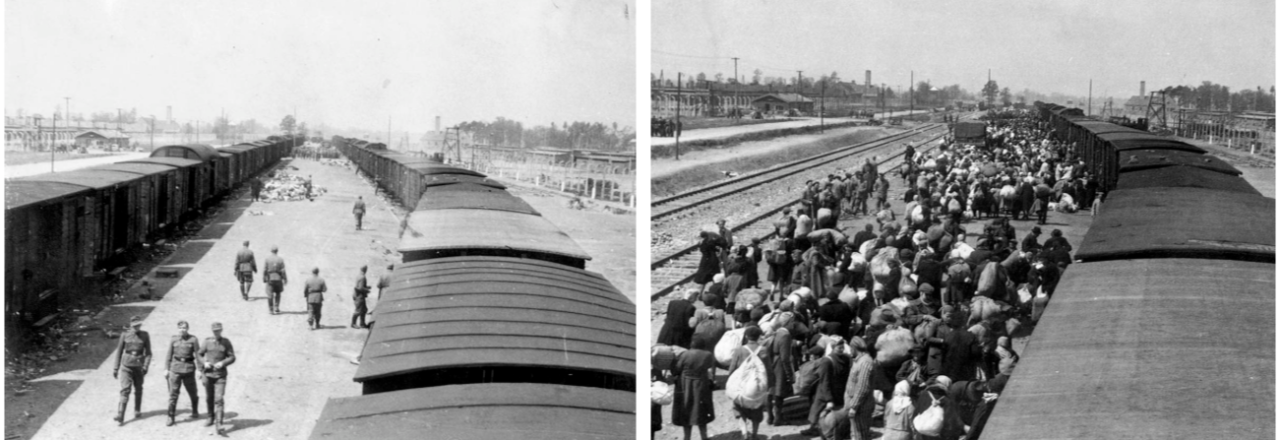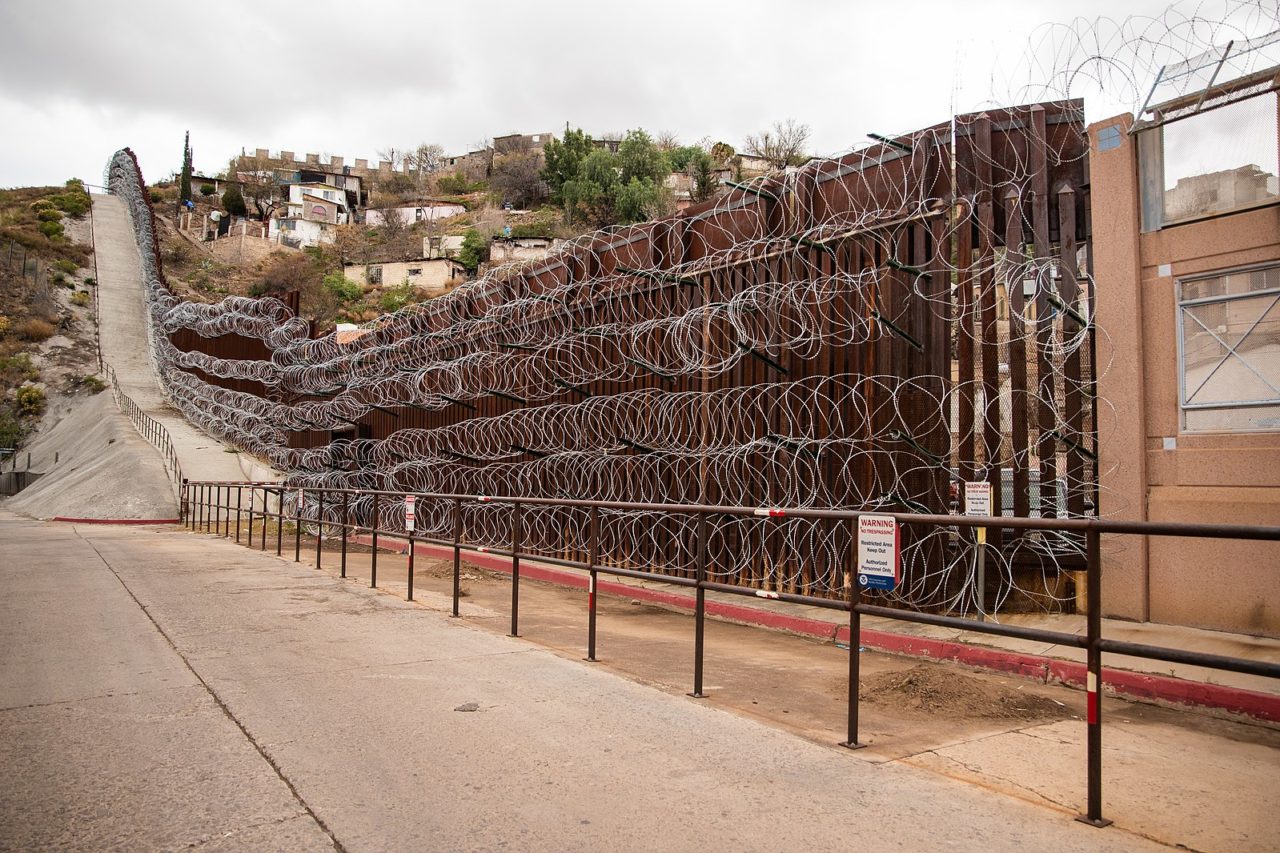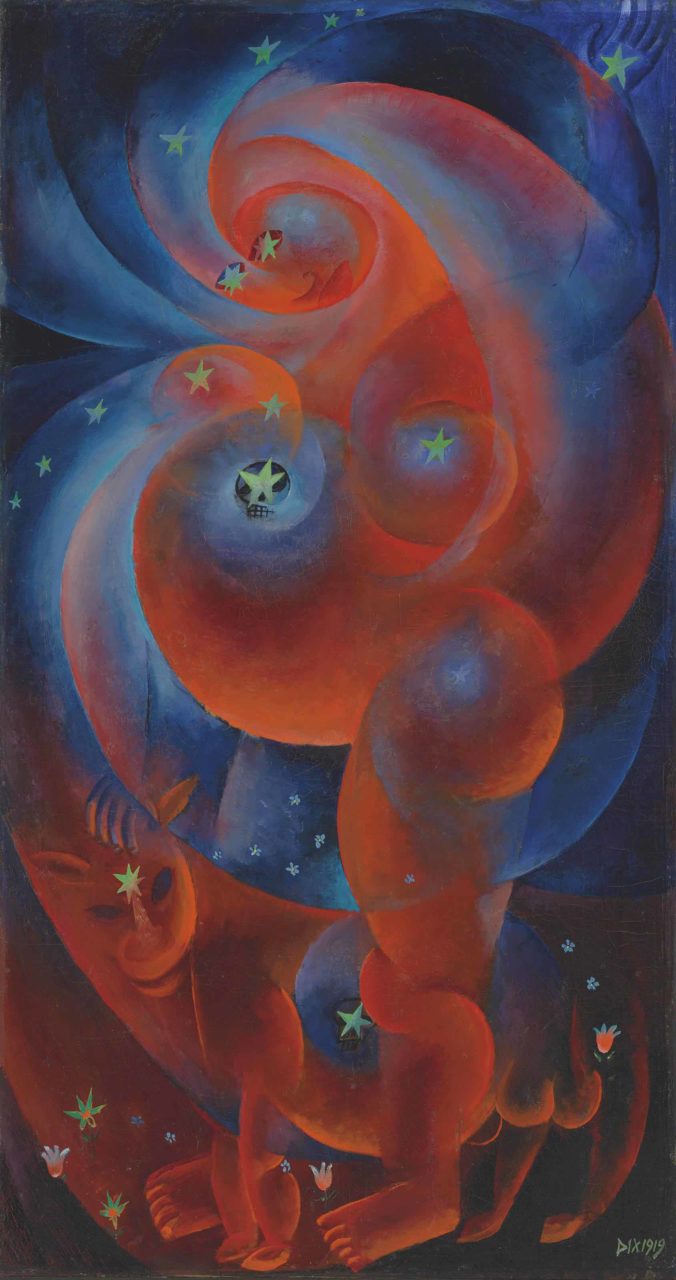Category: Ethics
-

The Rains
I want to share what happened to me a few weeks ago. Here in northern California, we’ve had an extremely wet winter; storms have been “on” more than they’ve been “off.” In an evening of respite, while expectant clouds painted the night sky, I visited the old town grocery store to fetch my daily bread.…
-

Utilitarianism’s Lack of Utility: Part II
John Rawls’s theory of ethics begins with an experiment he calls the veil of ignorance. The veil attempts to justify the principle “that free and rational persons concerned to further their own interests would accept in an initial position of equality as defining the fundamental terms of their association” (Rawls, 10) [1]. In this experiment,…
-

Why Abortion Must Be Dismantled Culturally
Abortion is the greatest injustice of our time. Over 3,000 children are aborted every single day in the United States. Pope Saint John Paul II taught that the deliberate destruction of human life is a symptom of a deeper loss of human respect. It is jarring to hear abortion called a symptom and not the…
-

The Power of Forgiveness
We take many things for granted in our post-Christian world. Consistent with our human nature, we can be given the Son of God as a sacrifice for all of our faults, and get used to it. Moreover, we can gloss through many of the lessons Jesus teaches us to enact as cliche phrases with little…
-

Nazi Death Camps: Blurring the Lines Between Life and Death
We are publishing this article for Holocaust Remembrance Day. May their memories be for a blessing. Death camps represent, perhaps, the most important evidence for the planned extermination of the Jewish people. The death camp manufactured a single product: the speedy and efficient murder of world Jewry. Because of this, the Nazis blurred the lines…
-

The Role of Natives and Migrants
Migration is a fairly tricky subject, and arguably uniquely so in our day and age. There have certainly been migration patterns, even involving thousands of people, but economic migration and border-length border control have rarely been so prevalent. With both sides of the aisle slapping the Christian faith on their political perspective, or, rather, slapping…
-

Abortion and the Utility Monster
Morning Walk is hosting a trip to the annual March for Life at the National Mall on January 18. This is the first in a series of articles focusing on the issue of abortion. This article does not make a case against abortion per se. Rather, it counters a common argument in support of abortion.

